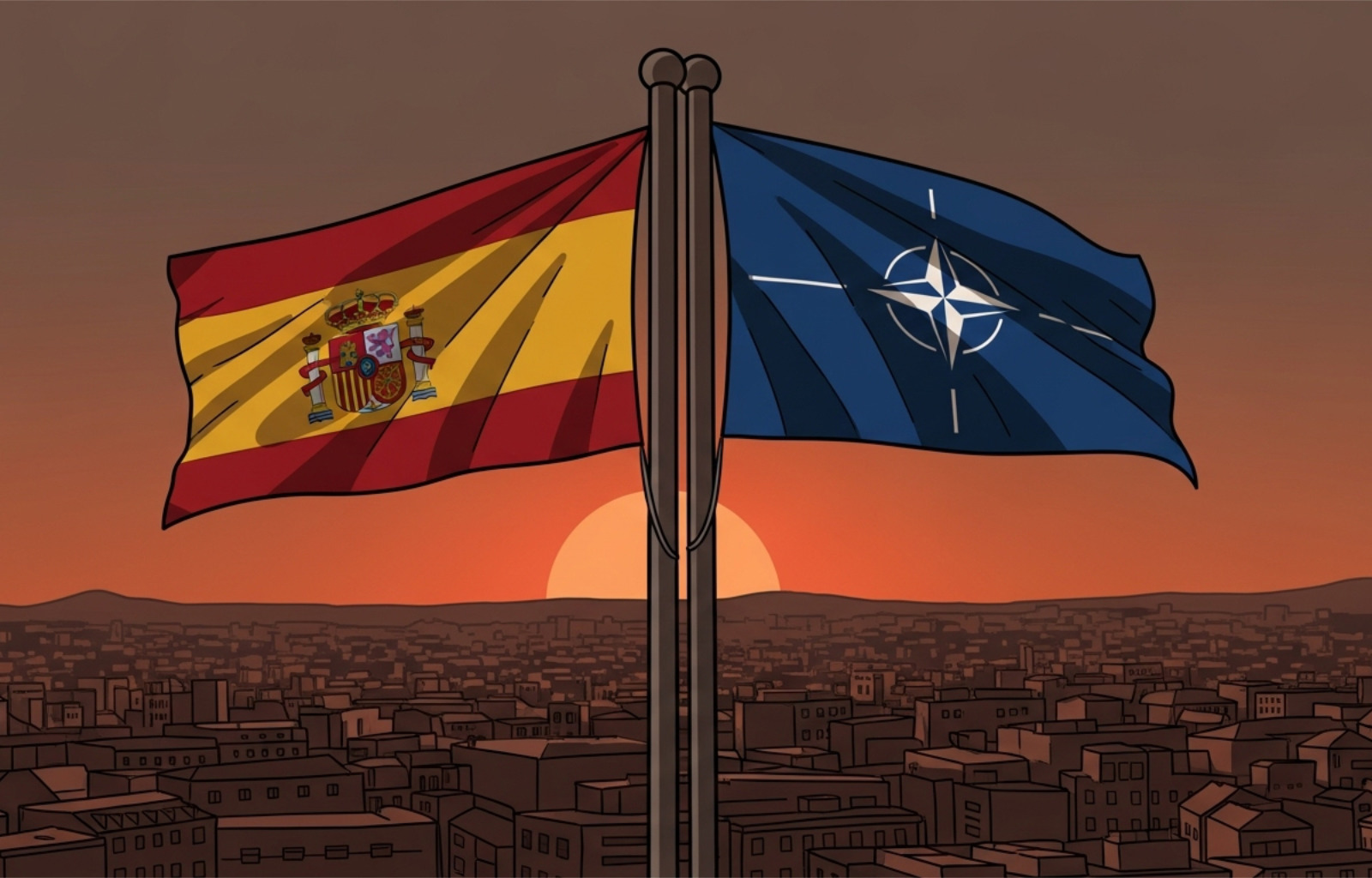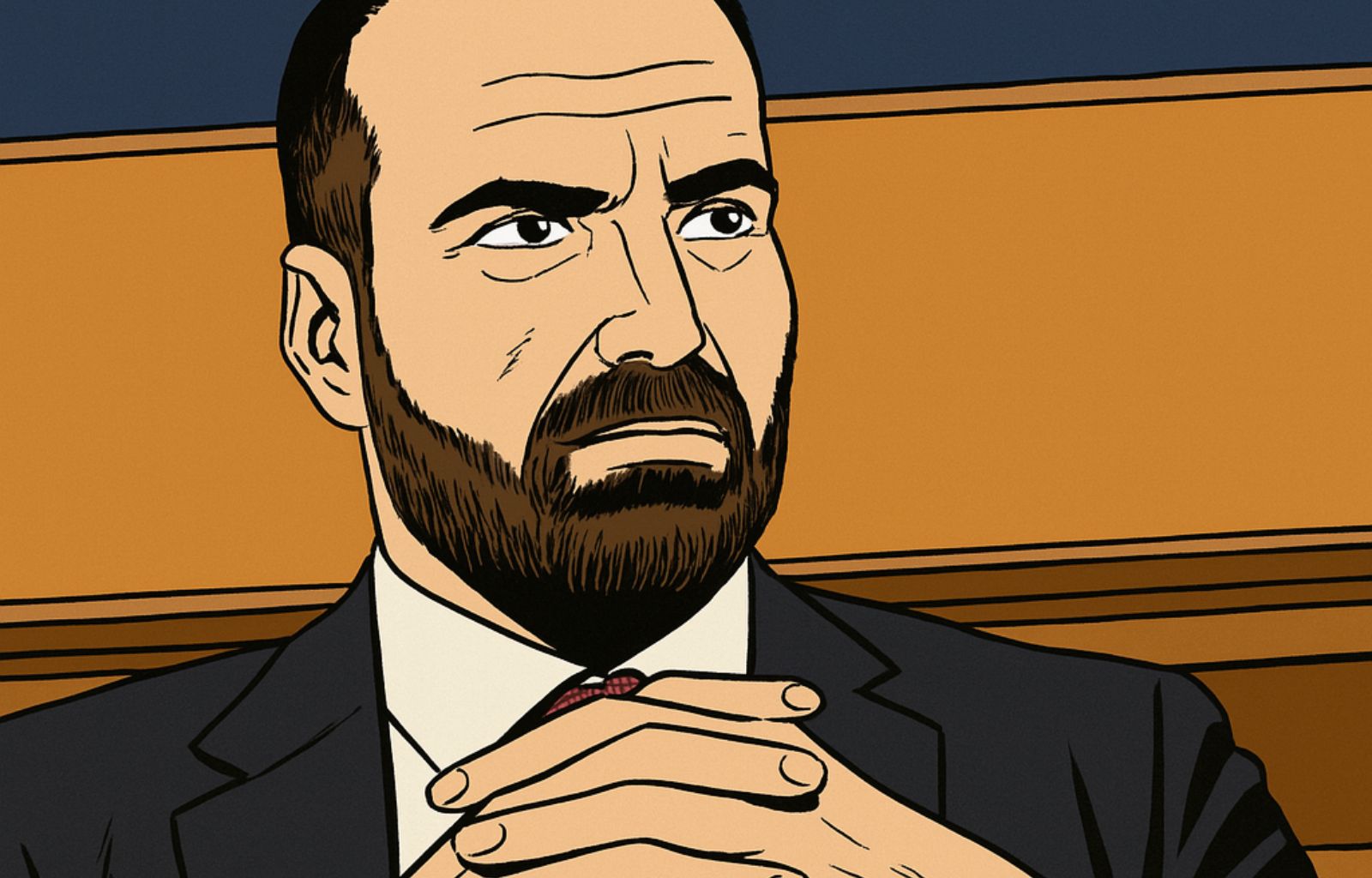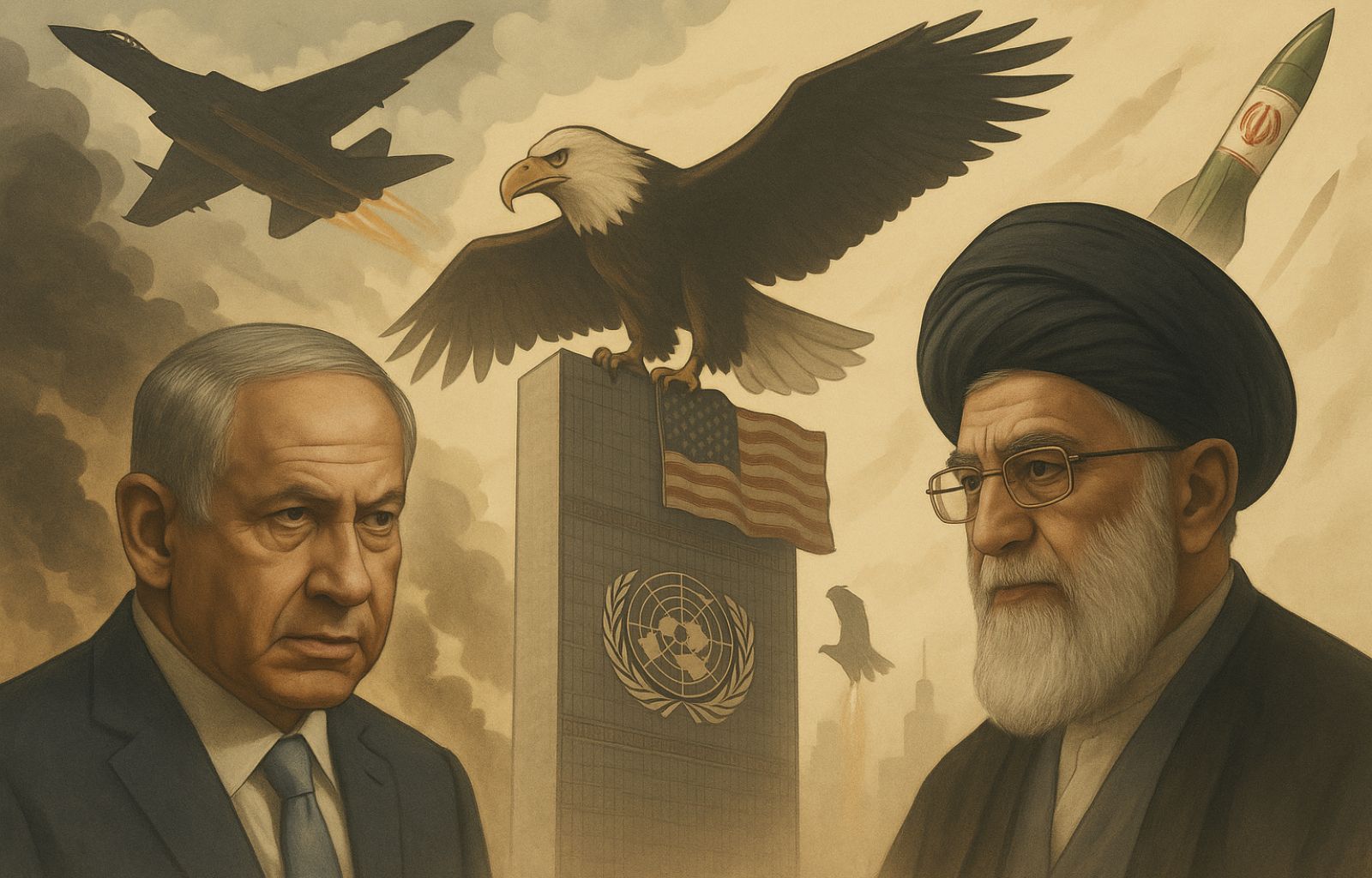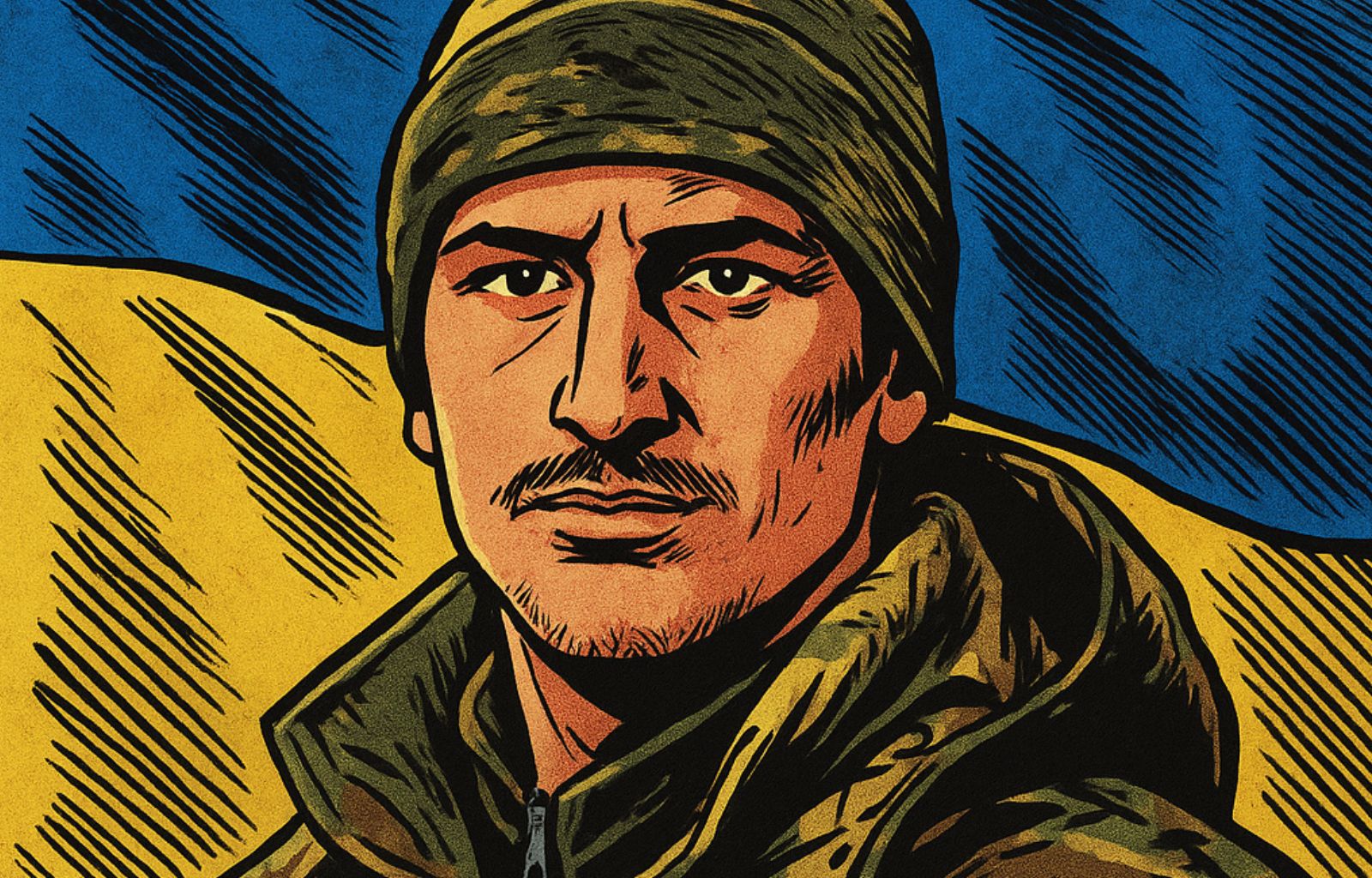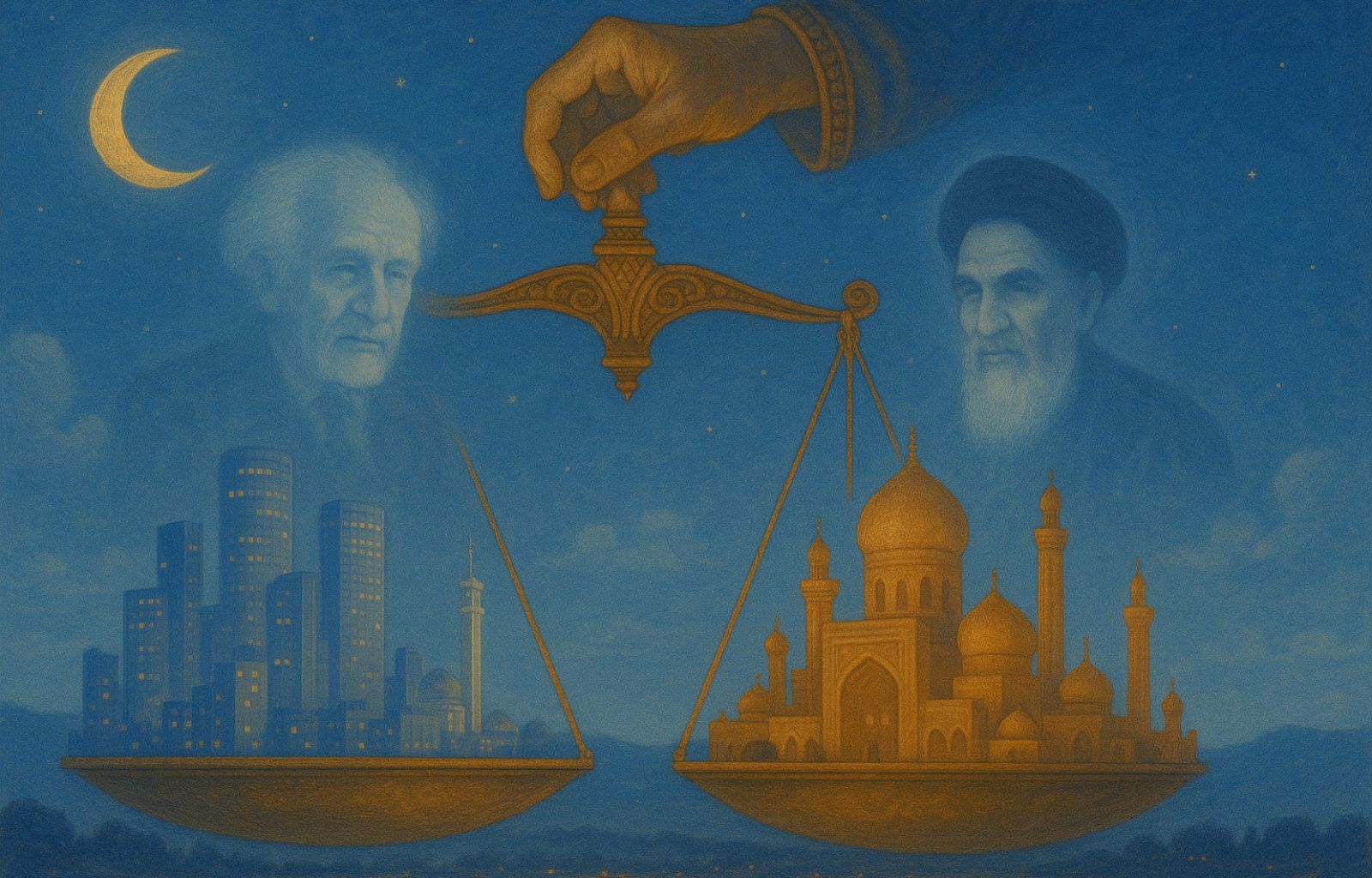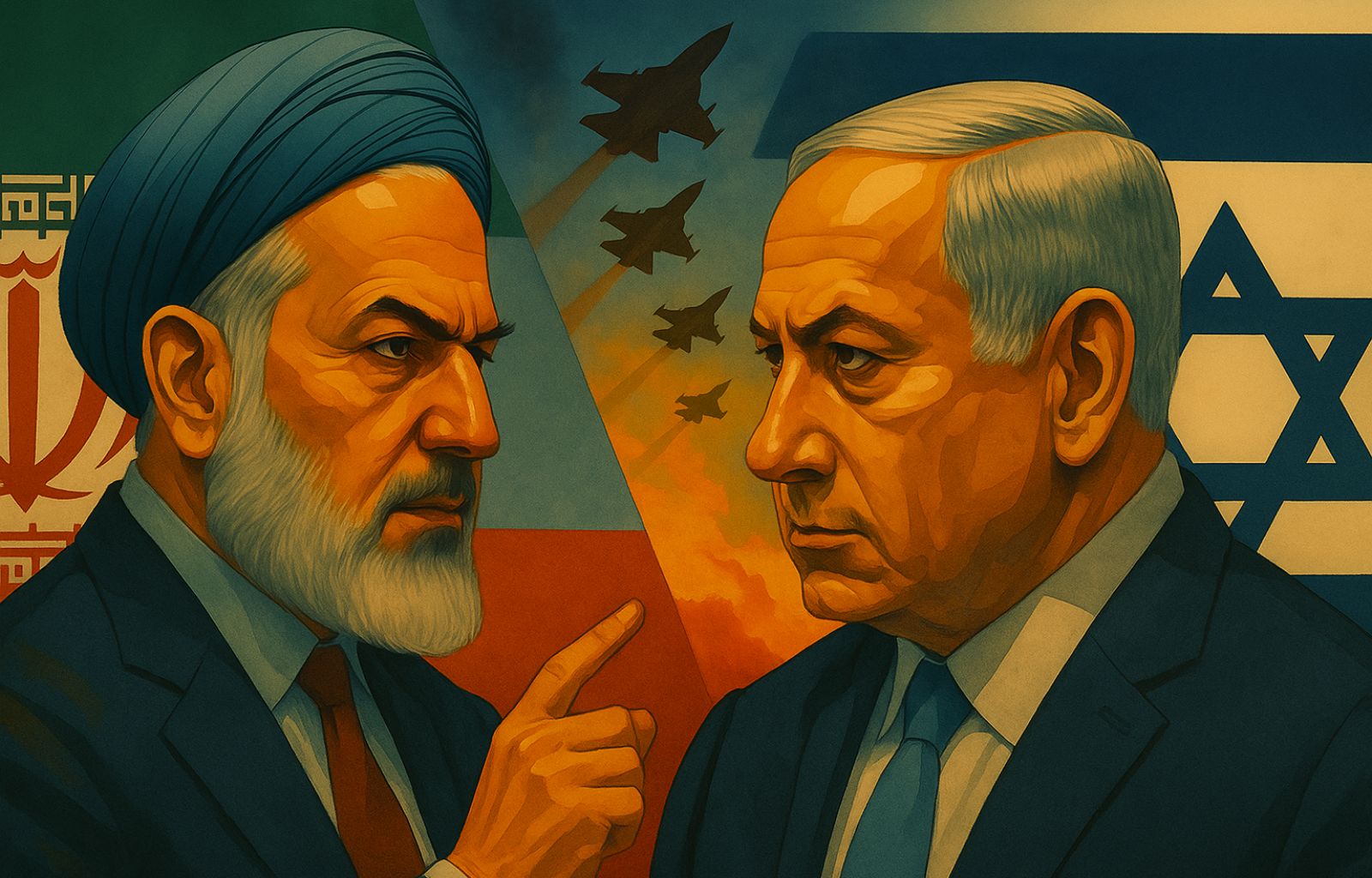Why Erdogan is the geopolitical winner of 2024, and why to fear him
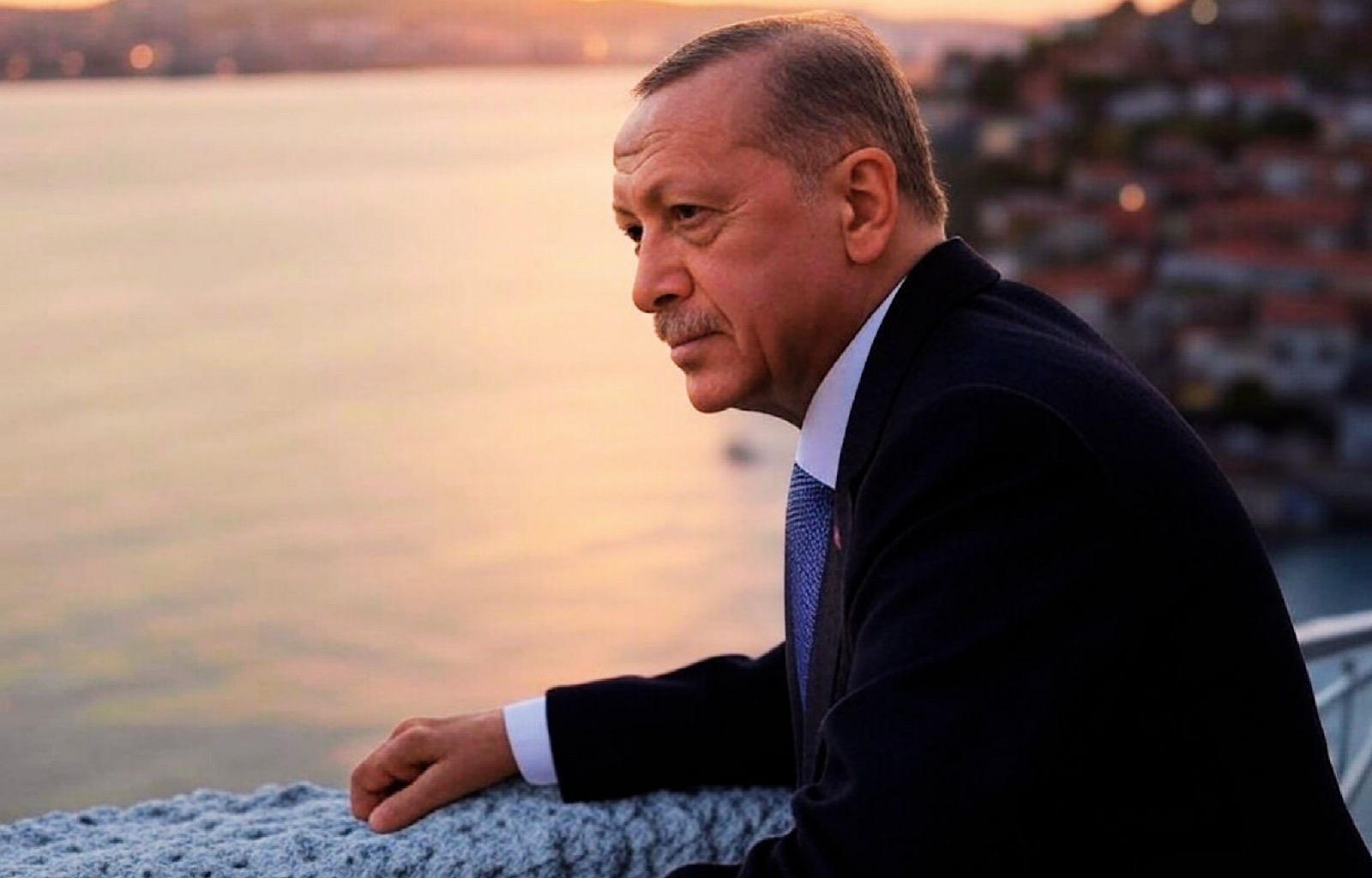
How can one be a member of NATO, an associate partner of the BRICS, a candidate country for EU membership and a leader of the international Islamic Diyanet? The question is pertinent and should be addressed to Recep Tayyip Erdogan, Turkey ‘s leader since 2003.
The role of joker in international diplomacy has always been congenial to the Turkish President, a master and excellent interpreter of the policy of multilateralism pushed to its most contradictory extremes. Over the years, the ra’is (in Turkish reis, ‘leader’) has carved out for his country a dimension of political and military power that is indispensable for anyone wishing to appear in the Middle East, acting with absolute strategic independence without ever renouncing dialogue with the main players on the global chessboard.

Between pragmatism and neo-Ottoman ambitions
We recently had a practical demonstration of Erdogan ‘s modus operandi during the regime change in Syria. Indeed, Turkish logistical and military support to the HTS movement and the Syrian Salvation Government, led by the now famous Abu Muhammad Al Jolani, which overthrew the 50-year old regime in Damascus in a matter of days, was decisive.
In the general confusion, Turkish troops entered Kurdish Syria, in full coherence with the 20-year-long fight against the PKK; and the President, rather than raising the tone of the confrontation, started a diplomatic tourbillon. First the US, then NATO and finally theEU (with the visit of Ursula Von Der Leyen) had to recognise Turkey ‘s role as king-maker of the Middle East balances, legitimising Erdogan‘s neo-imperialist policy.
An ambitious and fearsome geopolitical project
At the award ceremony of the TÜBITAK and theTurkish Academy of Sciences on 18 December, Erdogan declared: ‘Turkey is bigger than Turkey‘. This sentence sums up the sultan’s major geopolitical objective: the re-proposition of a neo-Ottoman sphere of influence led by Ankara, projected in several directions, from Libya to Syria, to the Horn of Africa andCentral Asia.
We should not delude ourselves that we can ‘tame’ Erdogan, who, with his pragmatism and theocratic rhetoric, remains one of the most astute political chessmen of the modern era. A leader who, deep down, is as much our enemy as our enemy.


